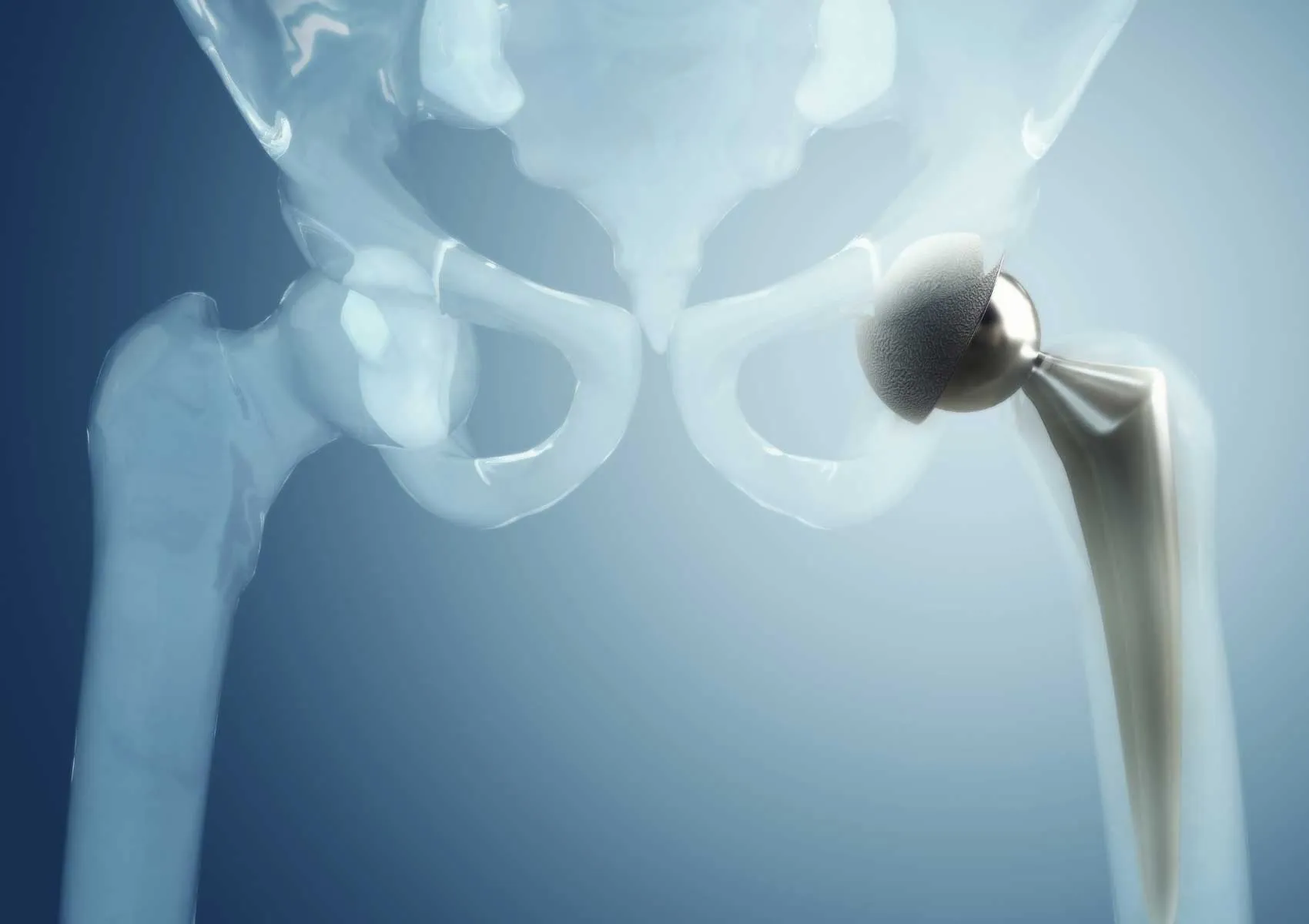How to Extend the Lifespan of Your Prosthesis?
Extending the lifespan of a prosthesis after surgery is crucial for improving patients’ quality of life. Proper care, regular check-ups, and lifestyle changes enhance the durability of the prosthesis.
Prosthetic surgeries, especially involving major joints like the hip and knee, help patients move without pain and significantly enhance their quality of life. However, prostheses can develop issues over time due to mechanical wear, loosening, or infection. Therefore, maintaining a long-lasting prosthesis is important both for the patient’s health and economic reasons. Certain fundamental measures must be observed to extend the lifespan of a prosthesis.
Factors Affecting Prosthesis Durability
Several factors impact prosthesis longevity, including the patient’s age, weight, activity level, the type of prosthesis used, and the surgical technique applied. Overweight and highly active patients place more stress on the prosthesis, accelerating wear. Additionally, the precise placement of the prosthesis during surgery and prevention of infection are critical for ensuring durability.
The Importance of Regular Follow-Up
Post-surgical orthopedic check-ups are vital. Through X-rays and clinical examinations, the condition of the prosthesis is monitored. Early detection of loosening or inflammation allows timely repair or treatment, preventing more serious complications.
Appropriate and Balanced Movement Recommendations
Avoiding excessively strenuous movements prolongs the prosthesis’s lifespan. Sudden turns, high-impact sports, and prolonged standing can stress the prosthesis. Low-impact exercises such as light-paced walking, swimming, and cycling are recommended. Maintaining muscle strength also stabilizes the joint and slows prosthetic wear.
The Importance of Weight Control
Excessive weight is one of the most significant factors shortening the lifespan of knee and hip prostheses. Increased load on the prosthesis in overweight patients leads to wear and loosening. Healthy nutrition and proper weight management can substantially extend prosthesis durability.
Infection Prevention and Care
Prosthetic infection is a severe problem that can lead to prosthesis removal. To avoid infections, thorough skin cleansing before surgery, sterile conditions during the procedure, and careful wound care afterward are essential. Patients should also be vigilant about infection sources such as dental hygiene.
Nutrition and Bone Health
Supporting bone health ensures the surrounding bone tissue of the prosthesis remains strong. A diet rich in calcium and vitamin D, along with regular sun exposure, helps prevent bone loss. This improves the resilience of the bone around the prosthesis and maintains its stability.
Following Expert Recommendations on Prosthesis Use
During the recovery period, it is crucial to adhere to the orthopedic specialist’s recommended exercise program consistently. Avoiding prohibited movements is essential to prevent prosthesis loosening. Physiotherapy, when necessary, improves joint function and positively impacts prosthesis durability.
Technological Advances and Prosthesis Selection
Recent advances in prosthesis materials have enhanced mechanical durability and resistance to wear. Selecting the appropriate prosthesis, tailored to the patient’s needs, positively affects longevity. For instance, using ceramic components and highly cross-linked polyethylene surfaces reduces wear.
Psychological Support and Quality of Life
Beyond surgical success, psychological motivation plays a key role. Patients should adopt behaviors that protect their prosthesis and remain committed to regular exercise and check-ups. This approach not only prolongs prosthesis life but also elevates quality of life.
FAQ
-
How long does a prosthesis last?
The lifespan of a prosthesis varies depending on the patient’s age, weight, activity level, and the type of prosthesis, but typically lasts between 15 to 20 years. Proper care and regular check-ups can extend this duration.
-
What sports can I do with my prosthesis?
Low-impact activities such as swimming, walking, and cycling are recommended. High-impact sports like running or football may damage the prosthesis, so it’s important to consult your orthopedic specialist.
-
How can I prevent prosthetic infection?
Maintaining strict hygiene before and after surgery, careful wound care, early identification of infection symptoms, and seeking prompt medical attention are crucial. It is also important to manage dental and skin infections as potential sources.
-
How long should I exercise after prosthetic surgery?
Your surgeon will usually recommend an exercise program that lasts from a few weeks to several months after surgery. Regular exercise to improve muscle strength and flexibility is essential, but overexertion should be avoided.
-
How does being overweight affect the lifespan of my prosthesis?
Excess weight increases the load on your prosthesis, raising the risk of wear and loosening. Weight management through balanced nutrition and exercise is very important to prolong the prosthesis lifespan.

